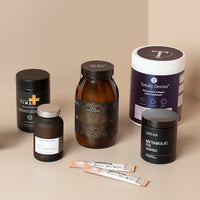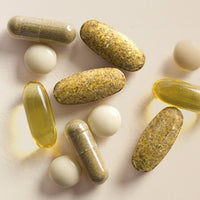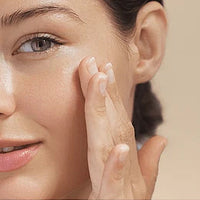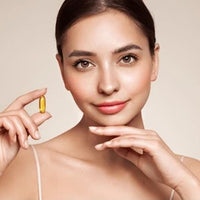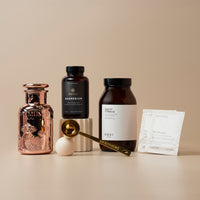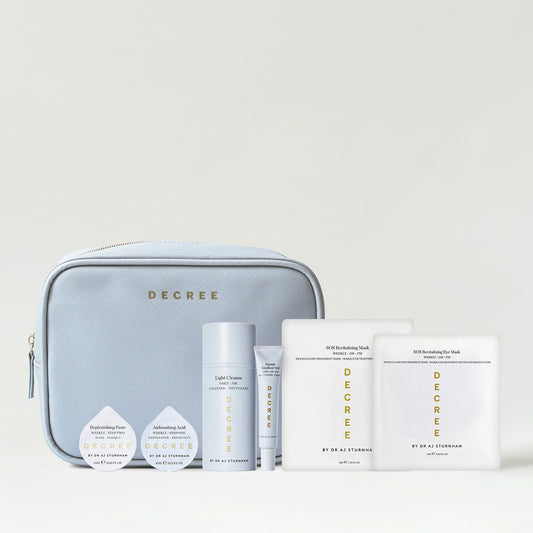PLEASE NOTE: We're experiencing higher order volumes right now (thank you!), which means your wellness essentials might take a little longer to reach you. We're working around the clock to get everything to you as quickly as possible.
Thanks for your patience – and for being part of our community.
Free standard delivery for all UK orders of £50 or more.
Our standard delivery charge for all UK orders is £3.99.
Standard deliveries approximately arrive within 1-3 working days from despatch.
Subscription standard deliveries approximately arrive within 2-5 working days from despatch.
Our next day delivery charge for all UK orders is £9.99.
Next working day delivery for orders placed by 2.30pm Monday to Friday.
International Delivery: Free on orders over £100 (Europe) and £150 (rest of world). Standard charges apply below threshold: £20 (Europe), £35 (rest of world). Applies to standard delivery only. Minimum spend calculated on product value excluding taxes and shipping. Cannot be combined with other offers. Subject to change without notice. For more information on shipping please click here.
Please note: Our offices and warehouse are closed on Bank Holidays. If your order processes during this time, it will not be shipped until the next working day, when normal opening hours and shipping will commence. Please be aware that you may still experience some unavoidable delays to our usual expected delivery times.
We hope you’ll love your supplements. In the event you would like to return anything, we are happy to refund any product returned within 14 days of purchase, if it is returned in its original state, unused and in original packaging. Please note that original shipping costs will not be refunded. If the products are part of regular delivery or subscription, you can only change your mind after the first delivery. If the products are split into several deliveries over different days, the period runs from the day after the last delivery. For more information on returning items please click here.Please note that original shipping costs will not be refunded.





